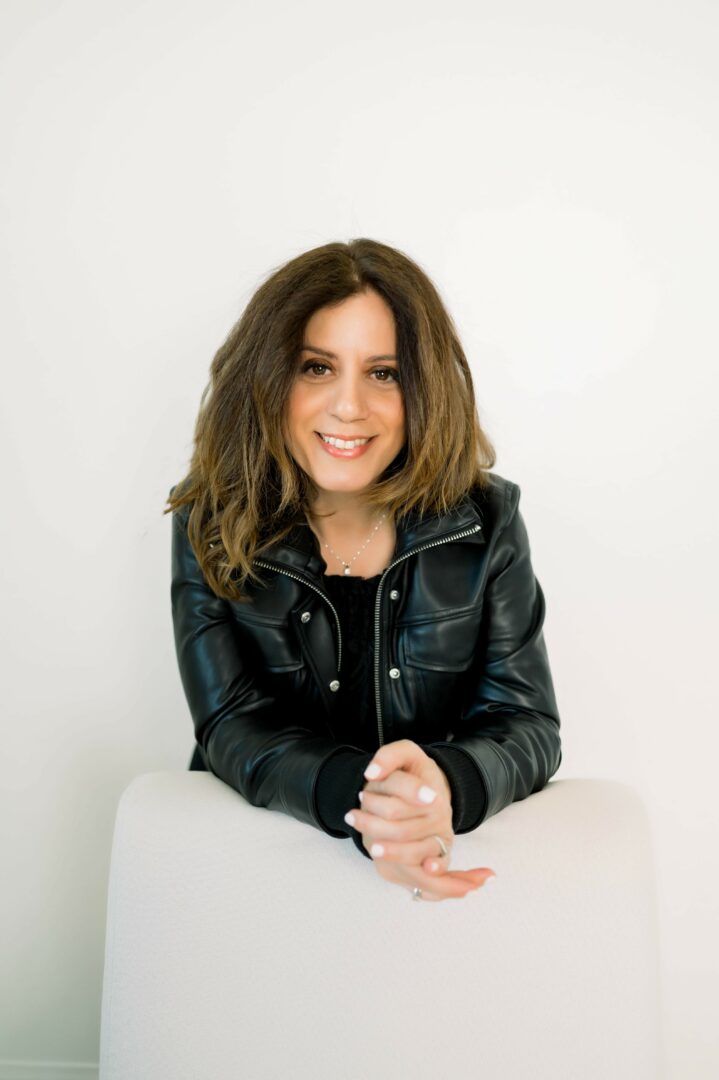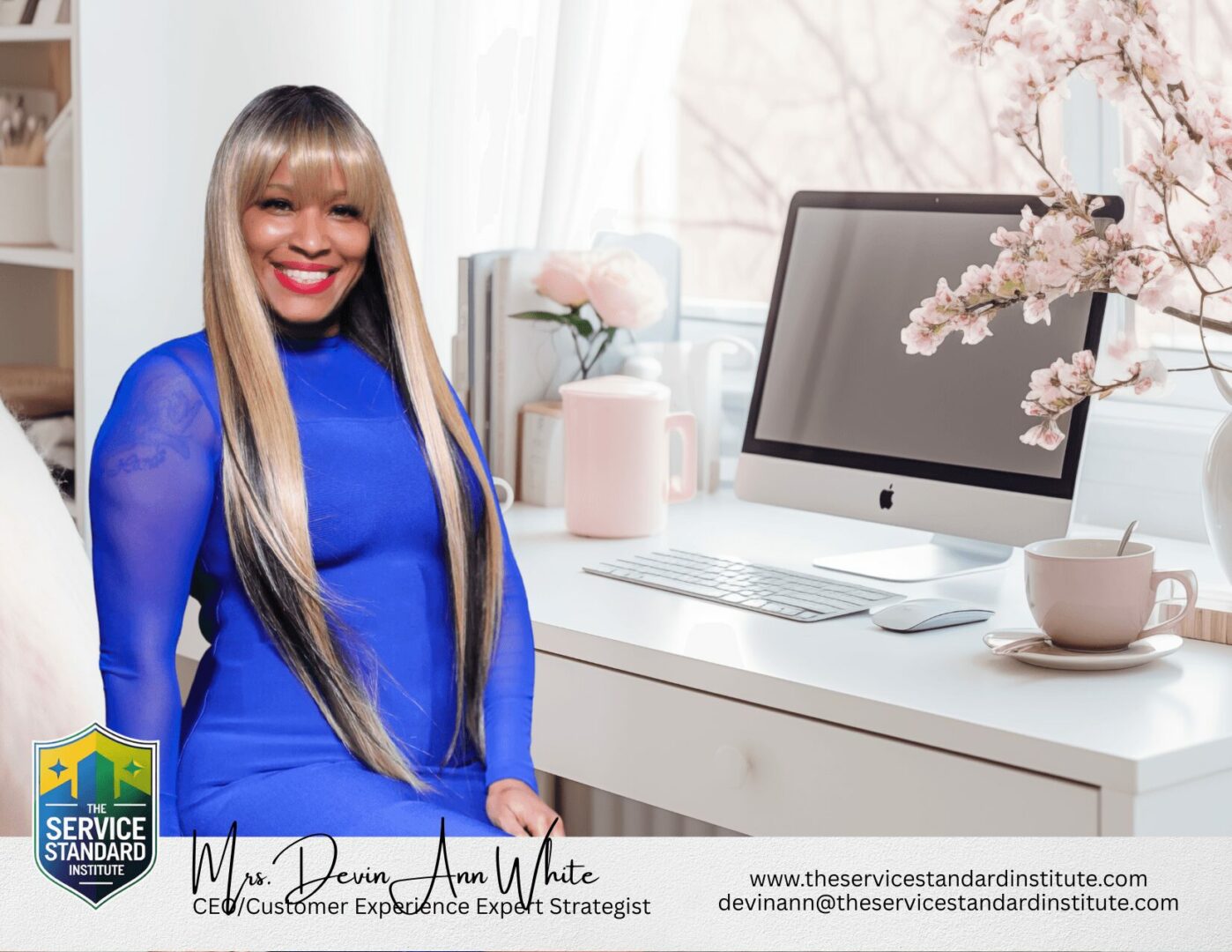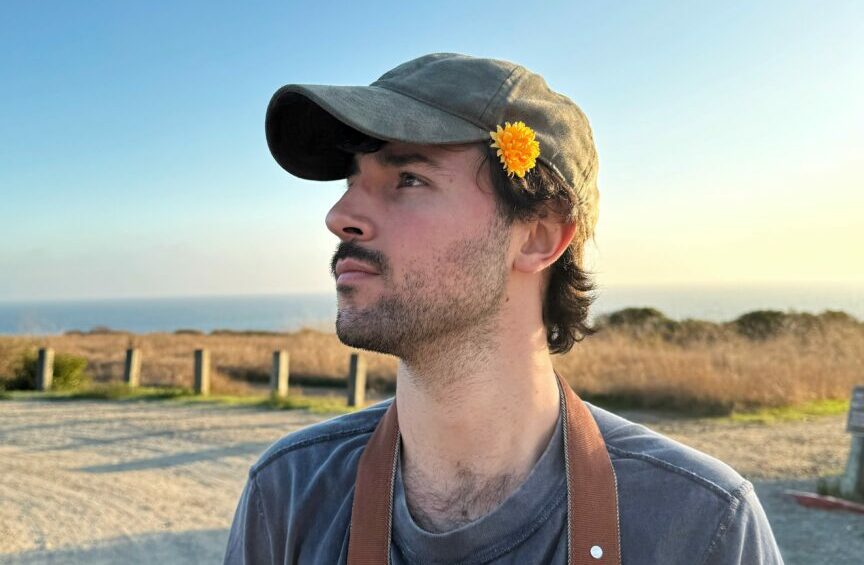We’re excited to introduce you to the always interesting and insightful Dori Lewis And Shannon Hughes. We hope you’ll enjoy our conversation with Dori Lewis and Shannon Hughes below.
Dori Lewis and Shannon Hughes, first a big thank you for taking the time to share your thoughts and insights with us today. I’m sure many of our readers will benefit from your wisdom, and one of the areas where we think your insight might be most helpful is related to imposter syndrome. Imposter syndrome is holding so many people back from reaching their true and highest potential and so we’d love to hear about your journey and how you overcame imposter syndrome.
Who says that we have overcome imposter syndrome? For us, imposter syndrome isn’t something to be overcome. In fact, at times, we feel imposter syndrome very strongly.
Even though we have been creating in the therapy and education world for many years, imposter syndrome shows up for us when we’re teaching other professionals, when we’re creating a new offering (such as our international retreat immersions), or when we’re offering consultation to mental health professionals expanding their work to psychedelic-assisted therapies. Internally swirling within us are doubts like: How did we get here and who are we to be doing this? Do we have anything of real value to speak to here that someone else couldn’t do better? These are the questions of imposter syndrome that we’ve had to learn how to integrate into our lives and work.
Imposter syndrome is something that we’ve learned to be in relationship with by being aware of it, but not allowing it to dictate how we show up in our work. A phrase we often say to ourselves when imposter syndrome thoughts come up is “why NOT me?” Should I be waiting for someone else to give me permission? What if I am the leader that I’ve been waiting for? Can I tap into my inner authority and trust that what is mine to do is being presented to me each step of the way?
We don’t mistakenly believe that these thoughts are true or that we can banish these questions from our psyches forever. We’ve learned to create our offerings and show up anyways.
Our field of psychedelic-assisted therapies and training is a highly emergent and quickly evolving landscape. It can easily spin us into confusion, scarcity, insecurity, and fear-based attempts to do something before we miss out. Overcoming imposter syndrome requires that we are not looking at what other people are doing, not comparing ourselves to what we see happening around us, and not trying to compete from a false sense of scarcity. We believe that there is enough and that our gifts are enough. We do not need to look to our left or to our right. We trust that we are listening deeply to what is truly ours to do in this landscape and that that is our work to do.

Appreciate the insights and wisdom. Before we dig deeper and ask you about the skills that matter and more, maybe you can tell our readers about yourself?
We both come from academic worlds of science, research, and traditional higher education. Dori owns a successful group therapy practice. Shannon was a tenured professor at a state university. We have both explored extensively on our own the realms of the psychospiritual, of connection to earth, spirit, and our own inner lives, and of honoring what we find to be sacred in the world. The latter work became our bridges to what we found missing from our more conventional professional backgrounds and practices.
In forming Elemental Psychedelics, we listened intently to our own inner guidance to understand what exactly wanted to come through in this particular collaboration. With one foot in each world, we aim to bridge traditional mental health professionals and systems with safe, ethical, and respectful psychospiritual psychedelic work.
Together, we founded a women-led training organization that approaches psychedelic-assisted therapy training relationally by guiding and supporting health and mental health professionals to tap into their inner wisdom to create their own unique offerings in the psychedelic space. The promise of the psychedelic movement will be brought to fruition as each of us comes into alignment with what our most sincere gifts are. Psychedelic therapy or support is not technique-based and is not a practice someone can learn in a textbook or in an online training program. You must connect with your own grief, joy, inner guidance, ethics, and shadow work, and strive to integrate all of it into solid ground for your unique offering to the community you serve.

If you had to pick three qualities that are most important to develop, which three would you say matter most?
Collaboration and teamwork are essential in our journey as women leaders in an emergent field. We truly believe that we can create more together than either of us can alone. To do that, we honor each other’s gifts and strengths and lean on each other in essential ways.
Vulnerability in collaborative work is another essential piece of the puzzle. We are both strong leaders, but also both vulnerable enough to allow the other into the process of creating and leading. We’re not competing with each other or needing to prove ourselves to each other. We trust that we see each other’s value and are willing to listen, give and receive, and truly co-create.
Our relationship with our inner guidance is ultimately connected to a greater Creative Source. We both trust in this inner guided relationship and know how to listen deeply to that Source. We encourage anyone earlier in their journey to develop a practice of some kind that supports their deep inner listening and discernment between fear-based thoughts/feelings and heart-centered clarity and wisdom.

As we end our chat, is there a book you can leave people with that’s been meaningful to you and your development?
We are avid listeners of The Emerald podcast with Josh Schrei. This podcast has shaped and influenced the way that we run our business, the way that we develop our training, and the way that we live our lives. In one particular episode, Josh speaks to the necessity of giving our experiences time and space. There is a deeper, slower rhythm and pulse of the world that cuts through the frenetic surface of intense productivity that many of us live our lives by. If we slow down enough, we might be able to feel, hear, and respond to that pulse. But we have to give it time and give it space. If we can get our physical body (the mind often follows) back into rhythm with the pulse of nature, we have the potential to find more of our true selves. When we can literally be the rhythm of the river, we can let that first wave of frenetic energy pass through us and live in alignment with the pulse of time and space.
Contact Info:
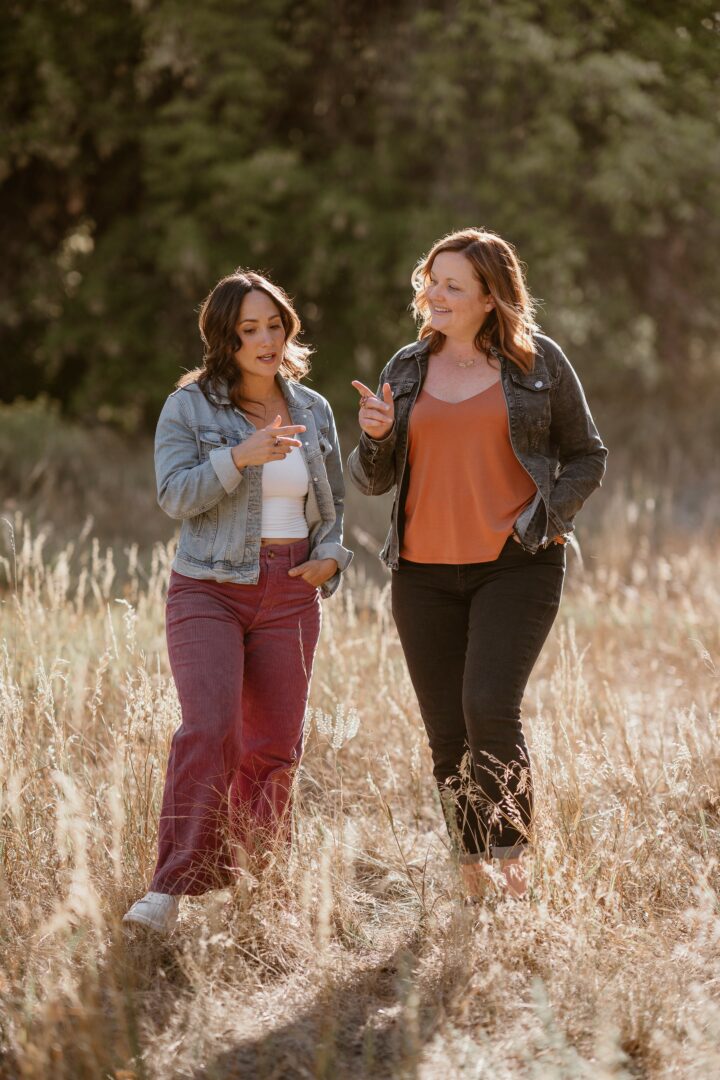

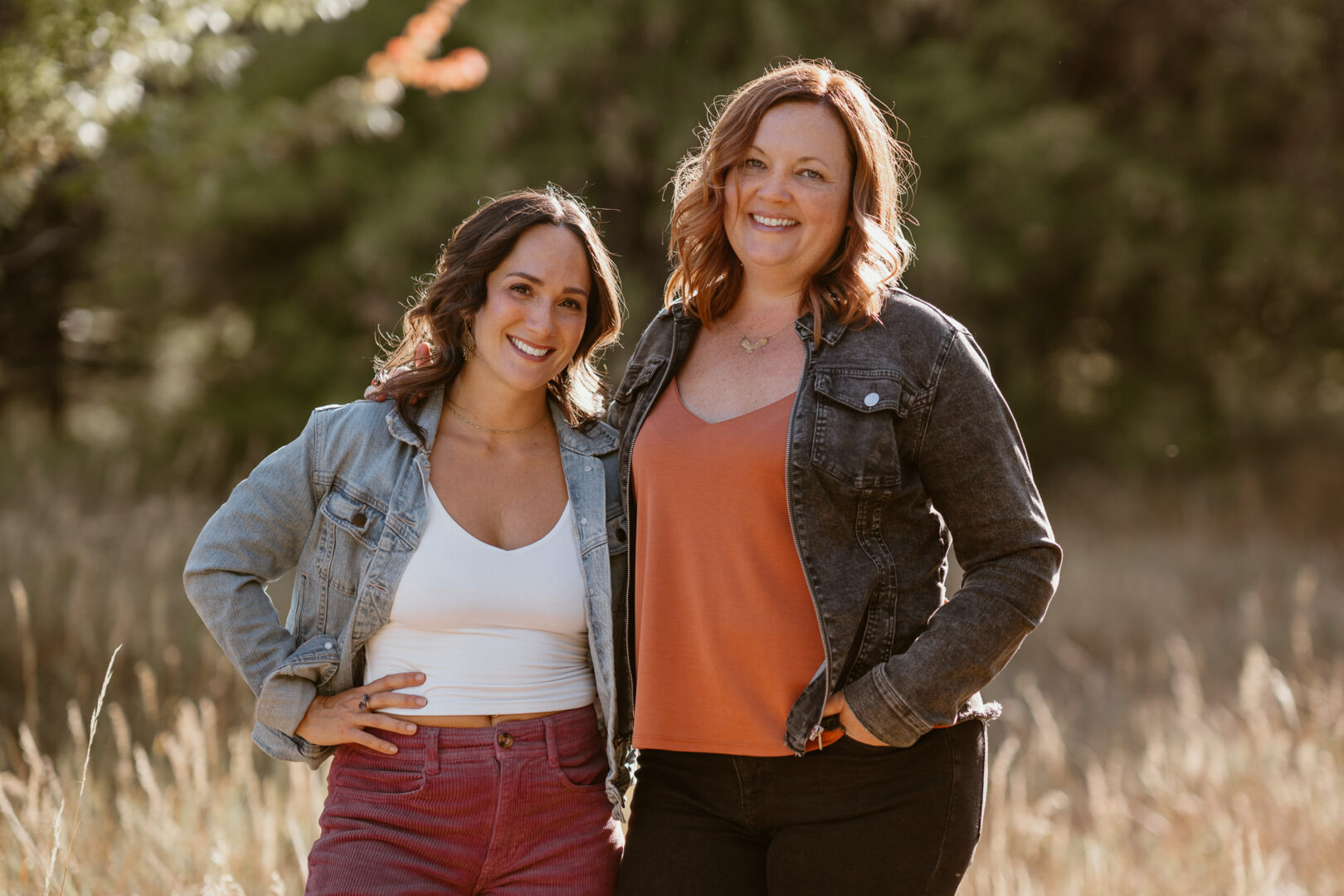
Image Credits
Adventure Instead
so if you or someone you know deserves recognition please let us know here.


